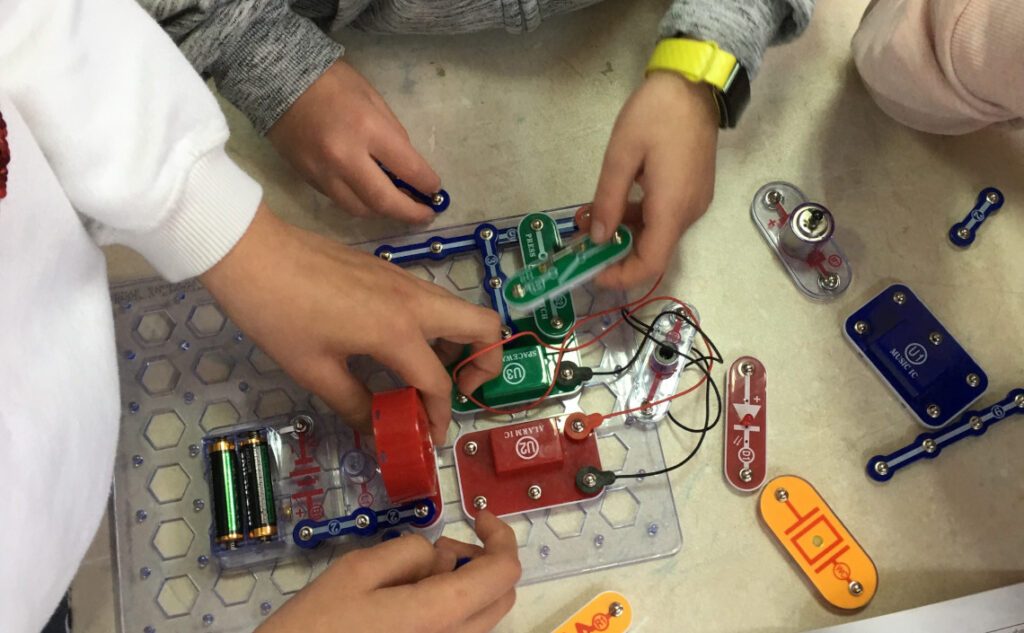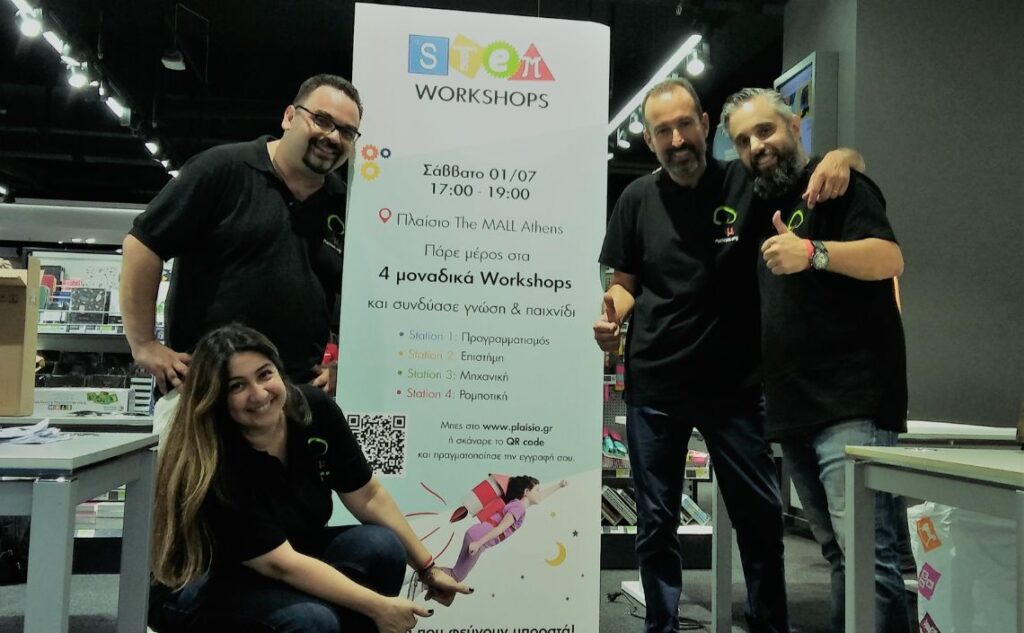
STEM education can be interpreted as “a holistic approach of analytical curriculum and educational guidelines, content, and skills, approaching all STEM areas as one, without distinctions between them” (Morrison, 2006; Morrison & Bartlett, 2009). This holistic approach does not replace individual education in these specific fields. Instead, it complements and places it within a less theoretical framework by connecting various scientific fields.
The initial focus on STEM education arose as a result of the observed decline in the number of scientists in these fields in developed countries (mainly in the USA). This decline was considered a threat to the technological superiority of developed countries, with consequences for the welfare of nations as well as their competitiveness and economic power.
To address this “threat”, policies were developed aiming to strengthen education in the fields of science at all levels of education, with the ultimate goal of creating and maintaining student’ s interest in the world of science.
These initiatives, despite their particularly targeted initial purpose, resulted in the development of a new field of research regarding new educational methods, based on experimentation and away from existing teacher-centered philosophy, highlighting the broader advantages of scientific education at every educational level.
Within this framework, STEM education has permeated all educational levels and has been shown to significantly contribute to the development of children’ s skills and knowledge, which are applicable across the entire spectrum of learning.

Meet the Mathisis team, a group of dedicated educators who have been at the forefront of STEM education since 2006. Today, nearly 20 years later, the team has demonstrated significant educational work in various fields, both collectively and individually by its members.
The “Mathisis” team consists of a group of educators who initially developed mathisis.org as a concept. In 2008, www.mathisis.org, the first Moodle platform for Greek public schools in Greece and Cyprus, was presented at the European Conference on E-Learning, representing the sole representation from Greece and Cyprus.
The team is engaged in education, including the production and distribution of digital books on topics such as Python programming and AI in education. Members of the team have multiple publications in Greek, European, and international scientific/educational conferences. Key research areas include Educational Technology, e-Learning, and open-source software.
The team conducts workshops for educators in various formats such as seminars, educational conferences, and personalized educational sessions in collaboration with organizations like the Pedagogical Institutes of Cyprus and Greece. Key areas of focus are educational technology, e-learning, and modern methodologies for digital content production. They are also the creators of the educational program of the Cyprus Computer Museum. Among other educational programs, the team developed an innovative educational program called “Twelve Weeks of STEM (TWS®).” This is a comprehensive twelve-week STEM workshop series covering all STEM fields. Educational robotics, programming with specialized applications and languages, game programming, engineering and constructions, as well as physics and chemistry experiments, are the thematic components of the TWS® program. In collaboration with Eduact® https://eduact.org/, the team
organized the First® Lego® League Athens Educational Robotics Competition in Athens for five consecutive years.
The members of the Mathisis team are educators: Alexandros Kofteros, Makis Triantafyllidis, Greta Leventis, Anastasios Kollias, Antonis Skellas, and Anna Krassa.
The “Hellenic STEM Education Society”, formed in 2017, is a registered, independent, non-profit professional body. Its members work in STEM education at primary, secondary and higher education level. It is a community of University Professors, School educators and School Advisors who share a common vision for the role of STEM epistemology in promoting education.
The primary aim of the Society is the dissemination of the methodology and the reinforcement of teaching STEM subjects, along with formulating proposals regarding the implementation of STEM teaching models in education.
The main objectives of the “Hellenic STEM Education Society” are as follows:
Copyright © Greta Leventis. 2024. All Rights Reserved.